HISTORICAL TIMELINE
The government and missionaries, sought to colonize the “Indian”. The leaders of both wanted to control all First Nations’ in Canada. They wanted to place many laws against First Nations’ ability to fight the legal system that was put in place by the governments to freely take the lands, with all their resources.
In Secwépemc territory, the Oblates sought to establish religious dominions. In the 1880’s, the Oblates lobbied strongly for boarding and industrial schools where Secwépemc children could be supervised, disciplined, indoctrinated, and regulated in an environment completely controlled by the Oblate fathers. St. Joseph’s Mission was established 20km south of Williams Lake near the T’exelc (Sugar Cane) reserve. St. Louis’ Mission was established in Kamloops. The Oblates were not trained as teachers. Instead, their role in education came as an extension of their mission work aimed to consolidate a strong Catholic grip on First Nations’ communities.
The Government of Canada, in conjunction with the Catholic, Methodist and Anglican churches, opened the first three industrial schools on the prairies in 1884. Several industrial and boarding schools were subsequently built in B.C. in the 1890s. Industrial schools were to serve essentially as boarding schools where trades or ‘industries’ were taught. There was minimal focus on academic subjects.
The vulnerability of First Nations towards European customs justified more than a century of federal control over the lives of First Nations people. This racist assumption powered three significant policies: to civilize, to Christianize and to assimilate.
By the 1890’s, senior government officials saw education and other forms of assistance as a way of avoiding the unresolved question of Aboriginal title in 8.C. They argued that B.C. First Nations parents who had children attending schools or who were living on reserves had already accepted benefits similar to “treaty Indians” on the prairies. The First Nations could not conceivably gain any additional rights or benefits beyond what the Indian Act already extended to them. Thus, First Nations’ requests to negotiate a treaty were seen without purpose. Essentially, the government’s resistance to provide adequate funding for the schools resulted in extreme conditions for both the staff and students.
Boarding and industrial schools were favored so the government and missionaries could effectively separate the children from their parents for extended periods of time. In this way they could minimize the ‘uncivilized’ influence of First Nations parents.
During the early 1880’s, Secwépemc leaders, the Catholic Church, the federal officials and the politicians requested a boarding school be established at Kamloops. On the surface, federal officials and the church indicated that the best of interests of the children would be at heart. Yet the Secwépemc felt troubled that they were never taken seriously. Thus, the plans for the KIB residential school forged ahead. The Kamloops Industrial School (KIS) opened June 1, 1890.
When Williams Lake Industrial School (WLIS) opened in 1891, their resources were limited. The Oblates ran the school with limited resources and an iron fist. Six boys from T̓éxelc (Sugar Cane) and Tsq̓éscen̓ (Canim Lake) were brought to the school to be “broken in and trained” in the rules and “English” to assist the principal “to break in the others.”
Before school attendance became mandatory in 1920, parents were obligated to choose between unacceptable conditions at the schools, or the unacceptable prospect that their children would grow up without an education. This was a grim decision for parents, and horrendous for their children. Both for the parent and the child, the conditions and prospects were not easy.
Discipline and punishment were relentlessly routine measures to conform the ‘heathen Indian’ children. School staff openly devalued First Nations culture in hopes that the children would abandon their heritage in order to force them to embrace EuroCanadian social standards and values. These vile measures not only caused bodily harm, but were also attempts of genocide against the First Nations.
Protest and complaints by Secwépemc parents were ignored. Federal government policy dictated that First Nations parents were ignorant and incompetent. The children’s parents voices were never acknowledged and in doing so, two objectives could further be achieved. First, it could create an institute where secrecy and deception occurred. Secondly, it disarmed parents from witnessing any abuses that were inflicted which gave them power to operate with no restrains.
From the time the schools first opened in the 1800’s, pupils spent half their day at hard manual labor, and the other half-day learning religious and basic academic lessons. Either way, this system was rationalized by both the state and the church as a means to keep the schools financially feasible during periods of crisis and/or expansion.
The girls were trained to be domestic laborers. They cooked meals, washed dishes, scrubbed floors, did laundry, and baked bread. They also manufactured and mended clothing for pupils.
Boys spent a significant amount of time working on the school farm. They cleared and broke land, dug ditches, planted, irrigated and harvested crops. They raised livestock, erected new buildings while maintaining the existing ones. Wells were dug and the students spent at least two hours per day hauling water.
Child labour was common practice. The conditions children faced were partially due to the government’s failure to provide proper funds for adequate food, clothing or renovations. Instead of asking for funds to provide proper care for students, the school recommended the purchase of better equipment that would increase the child productivity for the overall operations of the schools. Even though parents complained about the excessive work demanded from their children, the DIA school inspector lectured both the children and parents on the necessity of “Indian” children being engaged in work.
In 1918, to prevent the school from closing KIS hired a new principal and installed a new hydroelectric irrigation station. Over the next two years, the children’s “industrial training” was geared towards agriculture. Because the school needed the children for production they cancelled summer vacation. The children worked long, hard hours to support the school operations.
Residential school recruitment evolved over time. The 1920 Indian Act amendment made attendance at day or residential schools mandatory. This change gave school officials a stronger legal position to quadrupal their attendance numbers. The new law gave officials the authority to take over the responsibility for the care and education of First Nations’ children between the ages of 8 and 14. In order to fill the schools, the missionaries paid parents $5 per child to send their children to the schools.
In the 1920’s KIRS under went new construction. Under Father McGuire’s supervision, the school became self-reliant and were able to purchase new machinery, a pumping station and sewing machines. Those ‘improvements’ increased production but further detracted students from their studies. Interestingly, student enrolment increased to 300 children that included students from the Kamloops and Okanagan agencies. It was the largest Indian residential school in the country.
WLIS also expanded from 50 pupils to 90 pupils by 1928. Through the 1930’s and 1940’s, child labor was used to expand the CIRS buildings.
By the 1940’s, government and church officials began to recognize that residential schools were failing to transform First Nations’ reserves into self-supporting Canadian communities. On the other hand, they began to lock First Nations’ people into a cycle of government dependency. While superficial changes to the curriculum came during the 1940’s, the schools remained unchanged until the 1950’s when DIA officials contemplated integration.
In 1867, Father J. McGuckin, built a residence and chapel and established St. Joseph’s Mission near Williams Lake. He operated the school almost singlehandedly until 1876 when three Sisters of St. Anns arrived to work as teachers. In the late 1870’s, the Oblates began to lobby Ottawa for funding to establish a residential school at the Mission site. In 1891, their efforts were taken seriously. Local Indian Agent, W. L. Meason, endorsed the Oblate’s request for the accommodation of 50 boys and 50 girls, plus received salaries, which were supplemented by an annual per capita grant.
Because of the severe forms of punishment and discipline at both schools, children responded by running away. Every year pupils attempted to escape knowing that they would face extreme punishment if caught. Indian Agents served as Truant Officers, arranging the arrests and punishments of runaways.
Runaways became regular occurrences at WLIS and school authorities feared losing control of the school’s operation. Like KIRS, the principal’s response was to severely punish all runaways. Parents consistantly voiced their concern to the school. The Oblates eased up slightly, but pupils continued to run away. In February 1902, nine children ran away, eight were caught and returned. The ninth child, Duncan Sticks, was found dead 13km from the school. The boy’s death led to an inquest that revealed the horrendous treatment of the children by the staff. However, the Church and government officials minimized the incidents, and they successfully concealed the brutality that was practiced.
DIA informed the school inspector that severe corporal punishment for breaches of discipline would not be tolerated. However, the Department did nothing to prevent such incidents from occurring. In 1922, the per capita grant was increased to support 80 students. By the end of the decade. the official number increased to 95 then to 135 through the 1930’s.
The parents were considered incapable of knowing what was best for their children. Thus, authorities saw no need for any formal mechanisms for parents to advise or make recommendations about the schools operations. Parents were deprived of involvement, control, decisions and/or governance concerning their children. Politicians weren’t concerned; they saw “Indians” as wards of the state who didn’t have political clout or credibility.
The first recorded concerns of Secwépemc parents and leaders were recorded in 1909. Secwépemc leaders gathered at the Bonaparte Indian Band on October 12, 1909, to address Department of Indian Affairs Commissioner, Dr. John MacDougall. At another meeting in 1913, in front of the Royal Commission on Indian Affairs, Chief Basile said,” 1O children from my community had been going to the school at Kamloops for seven to eight years, and when they come back it seems as if they don’t know anything…and my requests made four years earlier to the DIA commissioner for a day school had met with no response.” First Nations parents protested the inadequate education, living conditions and the lack of care for their children. Parents realized the extreme abuse that occurred, and wanted the schools to switch their children to day school operation. The Commission Chairman dismissed the complaints, telling parents that the former pupils who were able to read and write letters for the commissioner, were ample proof of the school’s beneficial effects.
Northern Secwepemc, along with Tsilq’otin communities were visited by the Royal Commission in 1914 to discuss the Cariboo School. At Williams Lake, a First Nations spokesman told the commission, “the people want a day school so they would know what was going on with their children (because) the only thing taught is religion”. The parents told Commissioners that they needed their children to work at home and that a day school would be desirable or they simply wanted the school to be improved. Most of the graduates couldn’t even write nor translate the Secwépemc language into English. Most parents were willing to send their children to a day school if it was provided.
During 1914-1918, funding shortages led to exceptionally severe conditions at KIS. Children experienced malnutrition and went without adequate clothing and footwear. Children were strictly forbidden correspondence with parents. Eventually news reached their parents and, once again they confronted the Indian Agent. The pressure forced the agent to inform Ottawa that, “if this school is to continue, some radical as well as practical assistance, must be forthcoming or its doors will have to be closed…if children are to be kept they ought to be reasonably clothed and fed, and this is utterly impossible to do from its present per capita grant unless facilities are given to bring the land under cultivation.” As the residential school system expanded and consolidated, it became more difficult for Secwépemc parents to evade government rules. Starting in the 1920’s, some parents tried to enroll their children in public schools. Some parents resisted and hid their children from school authorities or kept them at home as long as possible before sending their children off to school.
In 1896 DIA’s policy stated that boys should remain in school until they obtained a rudimentary education and some trades. The Oblates used this policy to their advantage and claimed that children should not be educated more than two grades beyond the school ing of their parents. Because parents received no formal schooling, their children would be kept in grade two until they were released. Very little progress was made in the next 50 years to ensure relevant curriculum.
Within a few years, as part of the residential school’s assimilation agenda, an English-only rule was imposed. Rigid measures prohibited pupils from speaking their mother tongue. A school inspector in 1945 described the curriculum materials as “foreign to the children’s experience and meaningless to them.” The inappropriate EuroCanadian curriculum being used combined with the government and church’s attitude was detrimental to Secwépemc and language.




